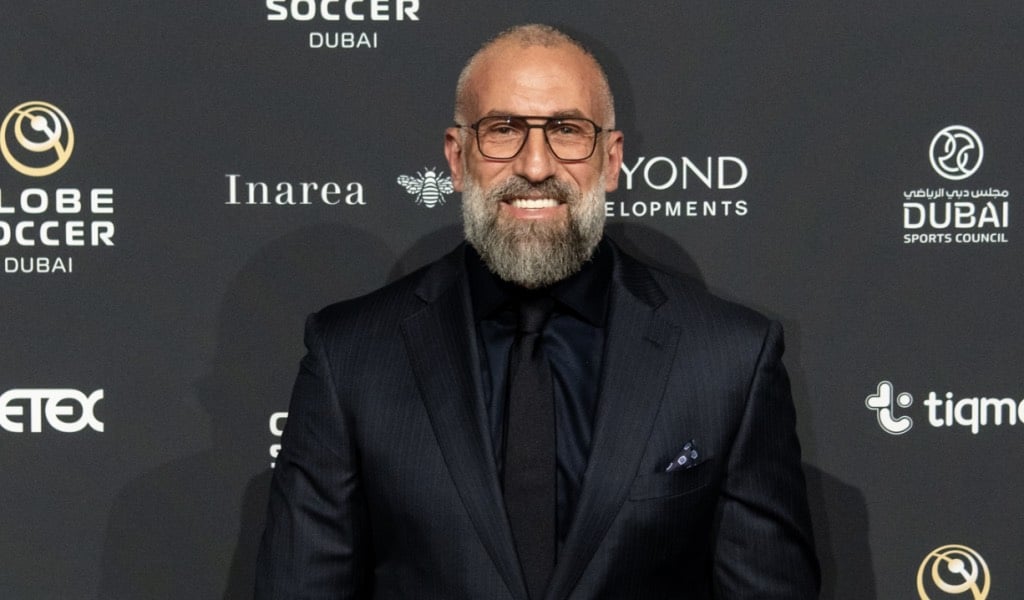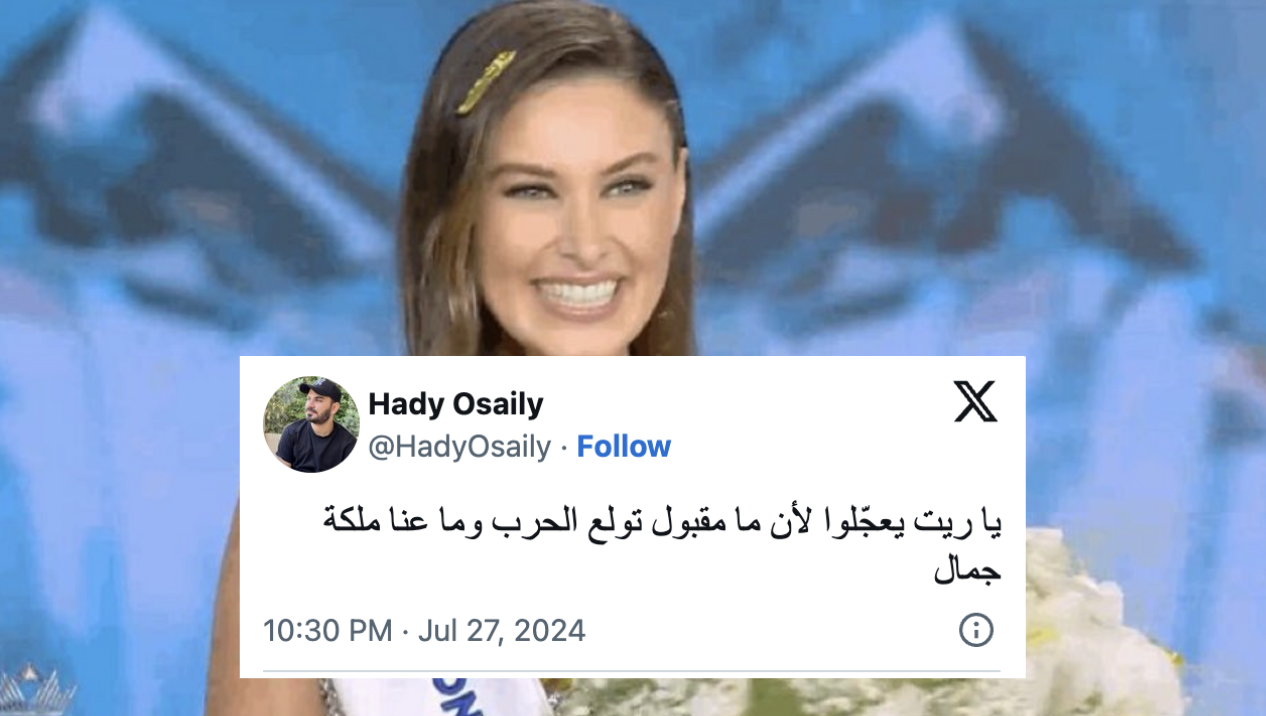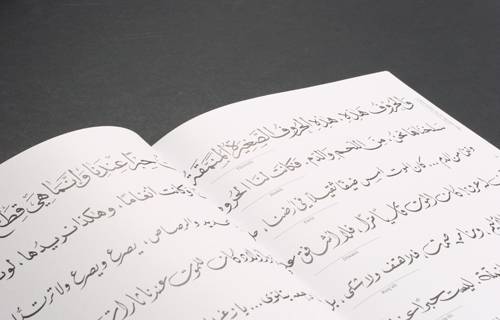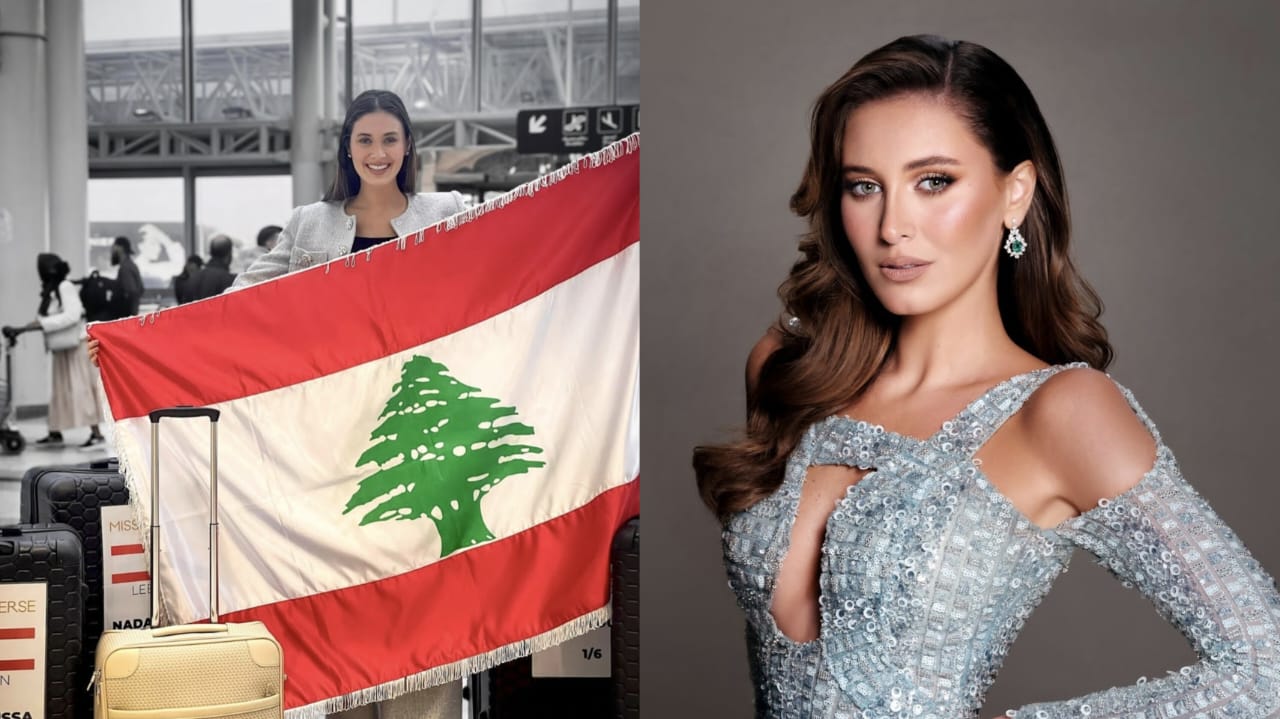Everything Wrong With the Ghibli Trend (and Lebanese Artists You Can Support Instead)
The latest (and frankly, super annoying) trend flooding social media platforms right now is the new Ghibli trend, where people post AI-generated images inspired by Studio Ghibli.
Users are uploading their photos to OpenAI’s new image generator (or other similar platforms), asking it to turn their images into Ghibli-style art. Though a seemingly innocent trend showcasing vibrant renditions of people’s photos, it raises major concerns about the ethical implications of using AI to mimic art.
Here’s why this trend is extremely problematic, and I’ve listed a few Lebanese anime artists at the end of this article that you can support instead.
What Is Studio Ghibli?
Founded back in 1985 by film directors Isao Takahata and Hayao Miyazaki, Studio Ghibli is arguably one of the biggest and most influential Japanese animation studios in the world. Some people call it the Disney of anime, but Disney doesn’t compare to the Ghibli universe.
Co-founder Hayao Miyazaki serves as the studio’s honorary chairman, and he’s also the genius behind iconic feature-length films like Spirited Away (2001), Howl’s Moving Castle (2004), Ponyo (2008), and so many more.
In fact, Spirited Away was the only Japanese animated film to have ever won an Oscar (this was before Miyazaki’s The Boy and The Heron won in 2024), and it’s regarded as one of the greatest animated films of all time. Miyazaki refused to attend the Oscars back in 2003, saying that he “didn’t want to visit a country that was bombing Iraq.”
Back in 2016, Miyazaki was shown a demo of an AI-generated animation featuring a zombie-like creature. This is what he had to say: “I am utterly disgusted…I strongly feel that this is an insult to life itself.”
Where AI only knows patterns and sequences, human beings know true emotions. Miyazaki draws inspiration from human experiences, hoping to inspire children with his craftsmanship. He says, “I would like to make a film to tell children ‘it’s good to be alive’.”
Why Is The Ghibli Trend So Problematic?
The Ghibli style is iconic because it’s deeply rooted in traditional craftsmanship. Reducing it to a simple AI-generated replica diminishes the essence of what makes these films so special. It also perpetuates the misconception that art can be easily replicated without appreciating the years of training, effort, and skill required by animators and artists.
People have been relying on AI tools and image generators to replace hardworking artists who create original art. To some, this is a simple trend. But those who truly value art understand that it’s more than just an image or a pretty picture.
AI is not only a threat to the livelihoods of artists, but also to raw human creation.
Lebanese Artists You Can Support
Instead of participating in trends that undermine the value of art, you can show some support to amazing local artists. If you’re looking for anime-style artwork, here are a few wonderful talents you might want to check out:
1. Yuki Glass
2. The Yang Studio
3. Malak Yehya
4. Kaiju
5. Gigi Nadar
6. RAY
Anyway, the point of this article isn’t to discourage people from using AI. It’s helped me write university papers and find answers to questions that I couldn’t easily find with a simple Google search.
When it comes to art, it shouldn’t overshadow the value of genuine human creativity. I don’t believe AI artists are real artists.
Enjoyed this read? Make sure to browse the #Support Local section for more!
“Made in Beirut” Tee
High quality t-shirt that is available in either round neck loose fit made of 100% cotton with short sleeves, or fitted cropped with a round neck and short sleeves (95% cotton,5% elastane).
The Beirut Tee
Beirut.com printed logo on the left side. Available in Black, White, and Olive Green.
“Made in Beirut” Tee
High quality t-shirt that is available in either round neck loose fit made of 100% cotton with short sleeves, or fitted cropped with a round neck and short sleeves (95% cotton,5% elastane).
The Beirut Tee
Beirut.com printed logo on the left side. Available in Black, White, and Olive Green.




